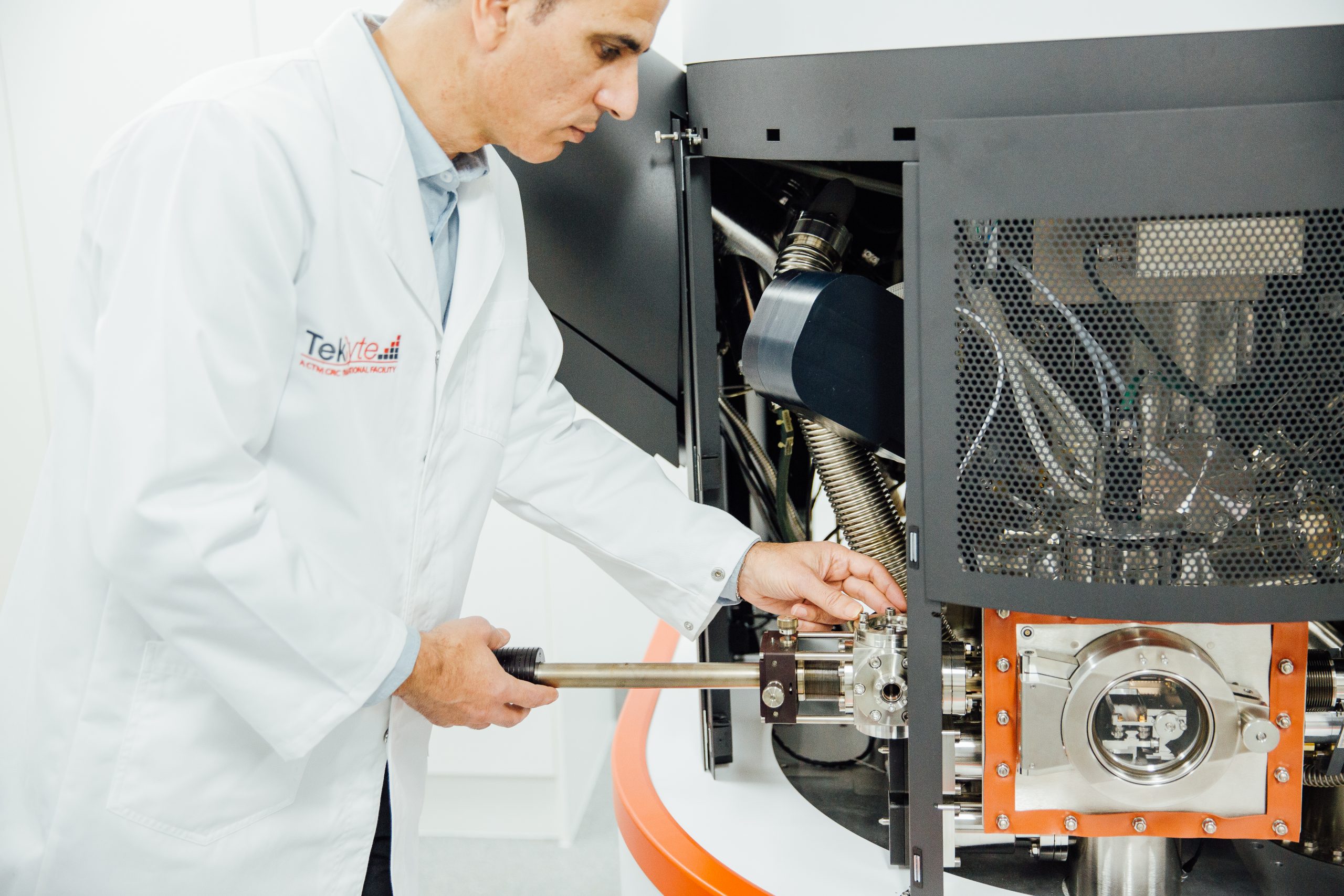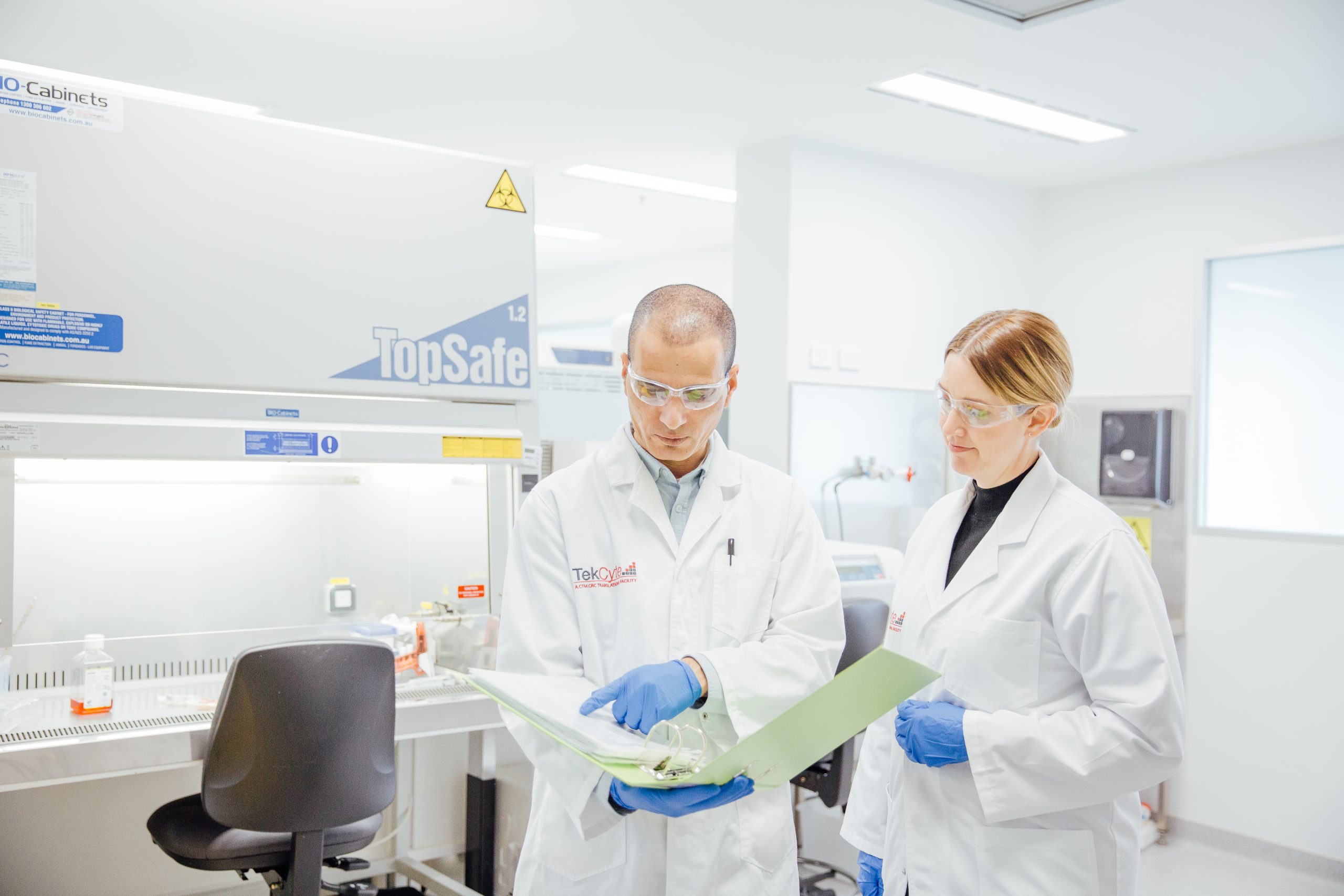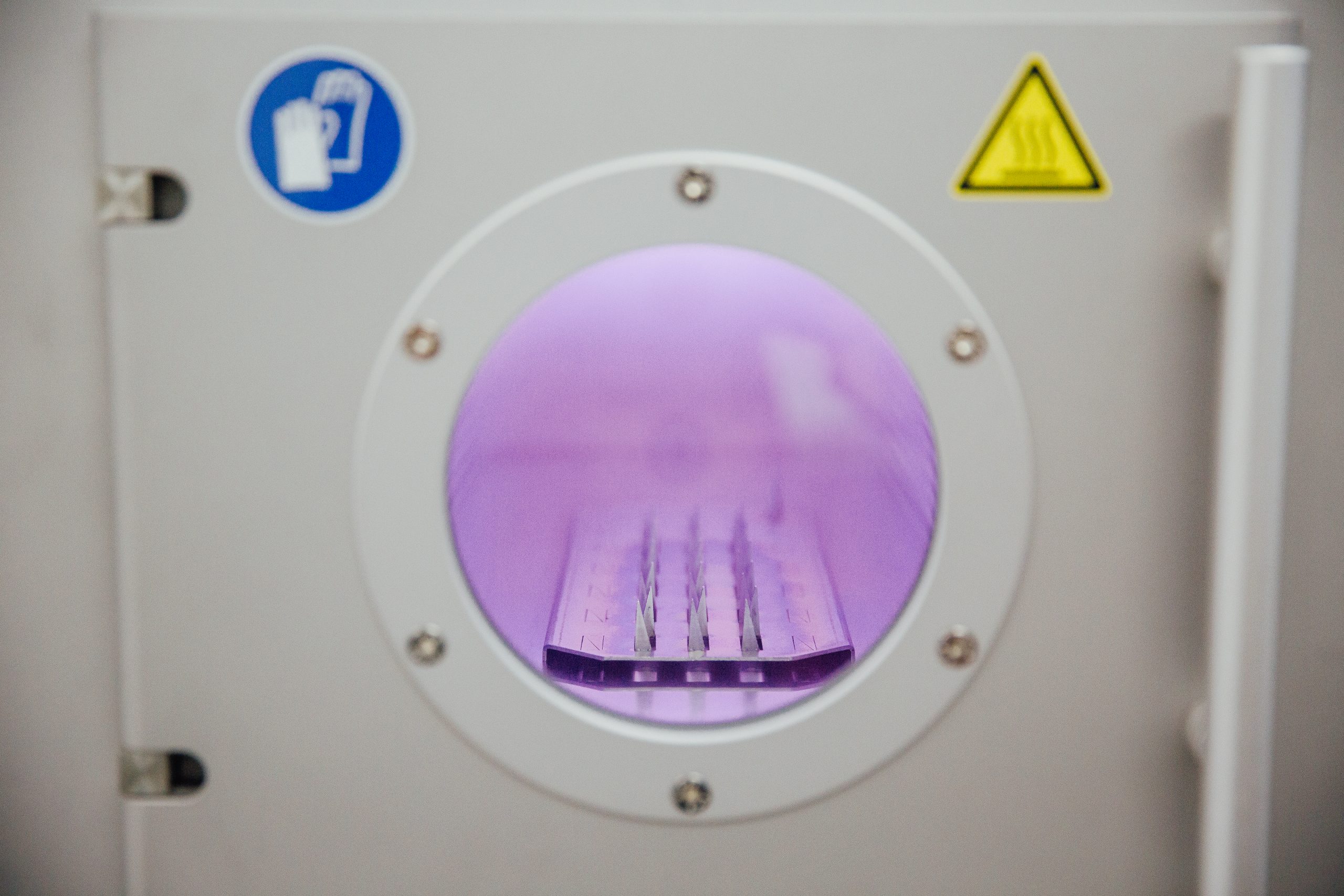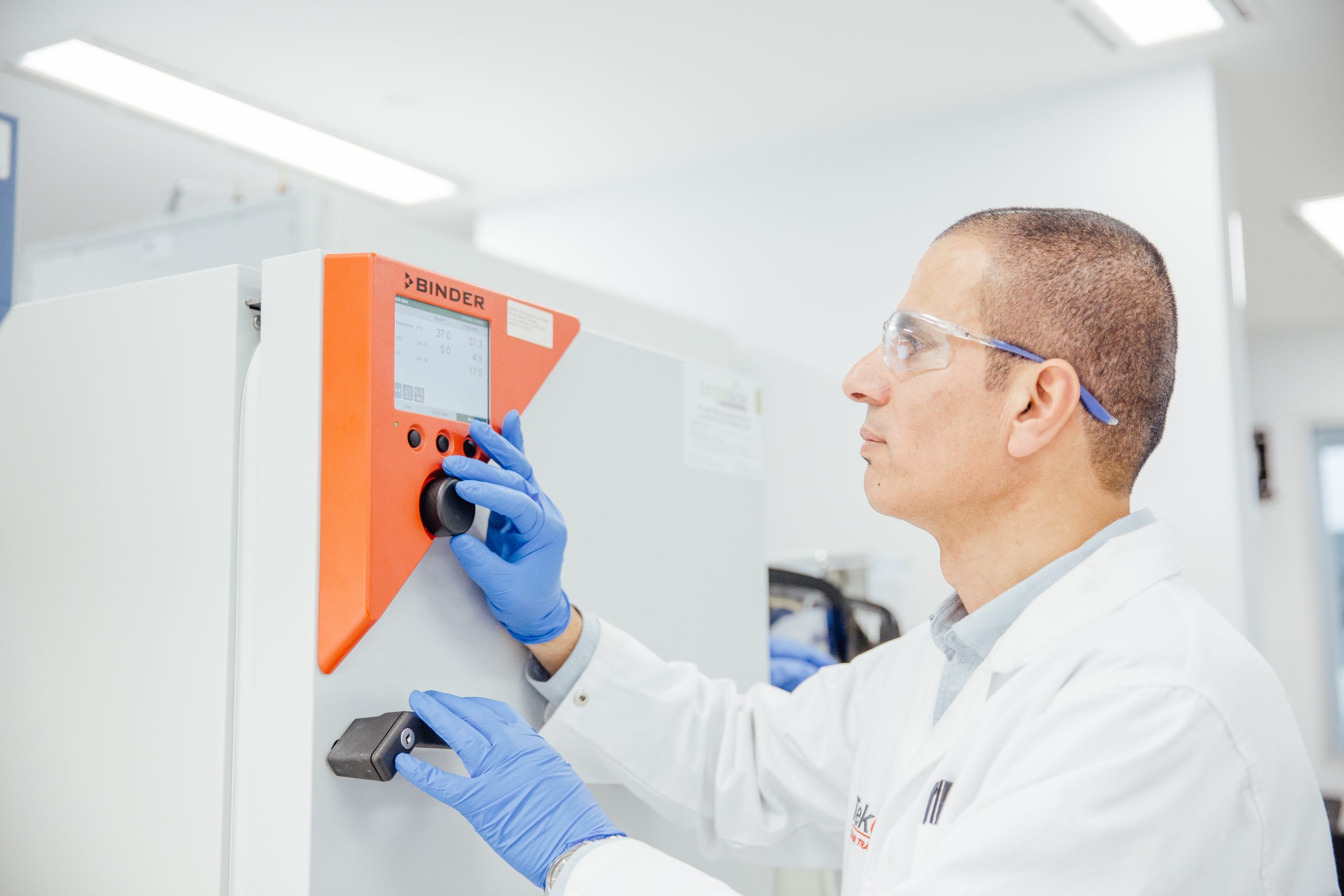TekCyte’s next-generation medical device coating technology BIOINVISIBLE™ is helping to create safer and better outcomes for patients.

Currently, vascular medical device complications result in implant failure rates of up to 30%, leaving many patients requiring additional medical intervention and surgery. These complications can cause patients significant discomfort, morbidity, and in some cases, even death.
Tackling this issue is Adelaide’s own TekCyte, a public unlisted company based at Mawson Lakes. In collaboration with the University of South Australia (UniSA) and the Central Adelaide Local Health Network (CALHN), TekCyte has developed BIOINVISIBLE™, a globally patented coating technology based on a hyperbranched polyglycerol polymer, which is ultra-thin and highly hydrophilic, that can be chemically bonded to medical device surfaces such as stents and catheters. It is antithrombogenic, anti-proliferative and evidence also now demonstrates an extreme reduction in the formation or microbial biofilm. The new coating technology is attracting significant investment interest from both Australia and overseas.
Led by Dr Tony Simula, TekCyte is supported by an esteemed board of directors with decades of combined experience including local identity and former Chief Scientist for South Australia, Dr Leanna Read. Dr Read has executive, board and investment experience across a range of technology-based enterprises, particularly biotechnology, and was formerly CEO and Chair of the CRC for Cell Therapy Manufacturing (CTM CRC) that established TekCyte in 2018.
Just a Quick Note:
InnovationsOfTheWorld.com has partnered with Trade License Zone (TLZ) to support global innovators looking to expand internationally. Take advantage of the UAE’s Free Zones—enjoy streamlined setup, low corporate taxes, and a strategic gateway to the Middle East and beyond.
Get Your UAE Free Zone License Fast & Easy!
“We developed BIOINVISBLE™ to be easily applied to any existing metal stents. The coating process is scalable to meet future commercial demands, providing medical device manufacturers a reliable, safe and drug-free alternative to coated stent” says Dr Tony Simula, CEO at TekCyte.
Implanted medical devices are often perceived as a foreign object by the human body, which in turn causes a reaction which can range from inflammation and fibrosis through to life-threatening thrombosis (blood clot), depending on the location of the implanted device. Most drugcoated stents approved for peripheral vascular disease are coated with a drug (e.g., paclitaxel, sirolimus), very potent cytotoxic agents. While the drugs are effective in mitigating restenosis, the implications of the drug
delaying normal tissue repair are not well understood. However, stents and other vascular devices coated in BIOINVISIBLE™, a stable and drugfree coating, have shown in multiple laboratory studies to markedly reduce thrombosis and restenosis (blocked vessels), which can lead to better outcomes for patients and more durable treatments.

BIOINVISIBLE™ has also been shown to significantly reduce the risk of microbial biofilm on coated surfaces, which could help reduce infection or device failure caused by biofilm. Helping guard against the development of biofilm reduces the likelihood of later medical complications. At the same time, the protective qualities of this world leading technology also enhance the durability of the medical device that the coating is applied to.
Biofilms are estimated to be responsible for more than 65% of nosocomial infections, almost 80% of chronic infections, and approximately 60% of all human bacterial infections. Biofilm treatment is very challenging because treatment with antibiotics is often ineffective. Implants are very susceptible to the formation of biofilm, which can develop over days, or even over several months. Once established, surgical intervention to remove/replace the device/implant is the usual course of action.
Many researchers have tried to target microbial biofilms to reduce their impact on patient outcomes, unfortunately current conventional antimicrobial strategies don’t work well to counter biofilm development.

“Our research shows that BIOINVISIBLE™ has the potential to address complications associated with biofilm buildup, without the need for drugs or other active agents,” says Dr Simula.
The coating is being considered and applied to a variety of devices that are implanted into the body. TekCyte researchers are also able to investigate and design bespoke coatings that have tailored surface properties and functions to match specific requirements.
“It is clear that BIOINVISIBLE™ has significant possibilities to address current challenges and we’re excited by the prospect of working with major device companies to bring to market the first truly biocompatible medical coating” says Dr Simula.
The patented BIOINVISIBLE™ is proudly manufactured in Adelaide and is able to be produced at scale and ready to meet commercial demands. TekCyte is paving the way for better patient experiences and outcomes, and already has a proven history of creating and delivering solutions for the medtech industry both nationally and internationally.














